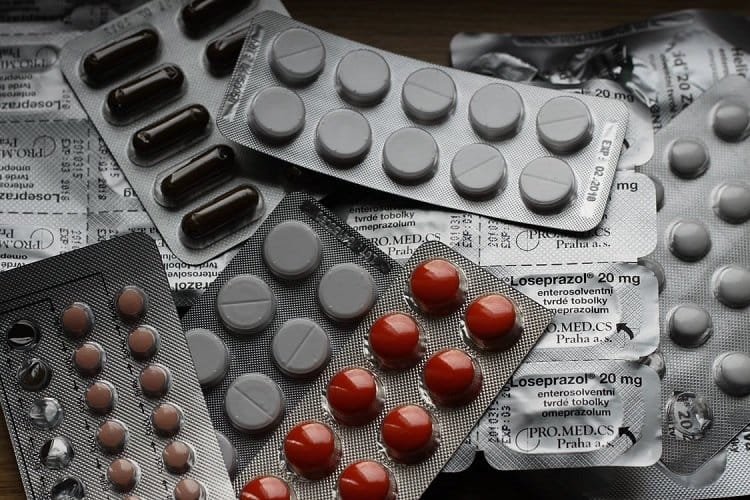Addiction to drugs or alcohol are more common than you think. According to the American Addiction Centers, 21.5 million American adults battled a substance abuse disorder in 2014 alone. Only a small percentage of these users actually seek treatment. Deciding how and when to get sober is a big step. Once you do, you’re on the path to recovery.
How do you admit you have a problem in the first place? This is often the hardest part. The path to recovery is a challenging one, but it’s impossible if you can’t recognize the signs of abuse. Just because you haven’t yet hit rock bottom doesn’t mean you don’t have a problem. In reality, if you’re questioning your own dependence, you likely need help finding your way back to sobriety. Keep reading to learn more about the signs of addiction so you can get the help you need for yourself or a loved one.

Understanding the Signs of Addiction
The signs of addiction aren’t written in black and white. Addiction looks different for everyone. Just because you don’t think you’re showing the most “common” signs doesn’t mean you don’t also have a problem. Addiction is just a spectrum. The first step is to understand the criteria for addiction.
Drug or alcohol abuse is medically known as substance abuse disorder. Contrary to popular belief, this is a real-life disease. It affects a person’s brain and behavior. Those affected by substance abuse disorder struggle to control their own use of both legal or illegal substances such as nicotine, alcohol, marijuana, or more dangerous substances.
Drug Addiction Symptoms
- Obligation – You feel you have to use the drug regularly or even several times a day to feel “normal”
- Urges – You experience strong urges for this drug that block out other thoughts throughout the day
- Reliance – You come to need larger dosages of the drug to feel the same effect
- Money – You spend money on this drug, even when you can’t afford it
- Harm – You recognize the harm, whether physical or emotional, of this drug, yet you continue to use it
- Risk – You take risks to get your hands on more of your drug, even if you know you can get in trouble
- Failure – You’ve tried to quit and failed
- Withdrawal – When you skip using the drug, you feel withdrawal symptoms
If you experience any of the above, it’s likely you have substance abuse disorder. Even if you only experience one or two of the above, it’s likely you’re still on the spectrum of abuse. It’s worth seeking professional experience if you suspect you’re at risk.
You need to trust yourself when it comes to your own substance abuse. Often others will tell you you don’t have a problem. Consider if these friends or family are enabling your behavior. Do they perhaps not know the extent of your substance use or are they also partaking in these activities? Consider your own feelings about coming clean about your problem.

Seeking the Right Treatment
If you suspect you’re struggling with substance abuse disorder, even only on a mild level, you should seek assistance. Detox programs like detox treatment in Florida can help you get sober and stay sober with therapy and medical assistance.Addiction is a progressive disease. It won’t get better on its own if you don’t have the support system to get help. Even if you’re only mild now, you want to take action before you hit rock bottom. Think of it this way: if you were diagnosed with an early stage of cancer, you’d seek immediate treatment. Addiction is no different.
The time to get sober is today. Before your problem gets out of hand, take action to reclaim your life. It’s not too late to get the help you need. A better tomorrow is closer than you think.

